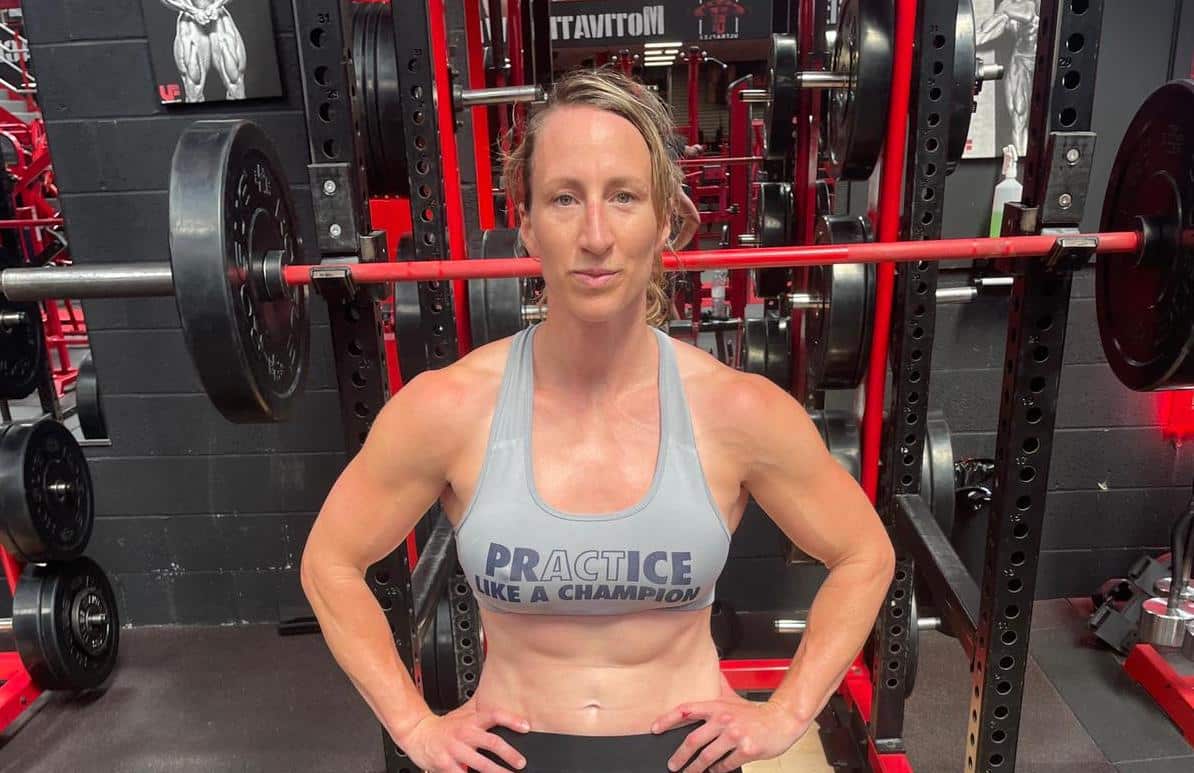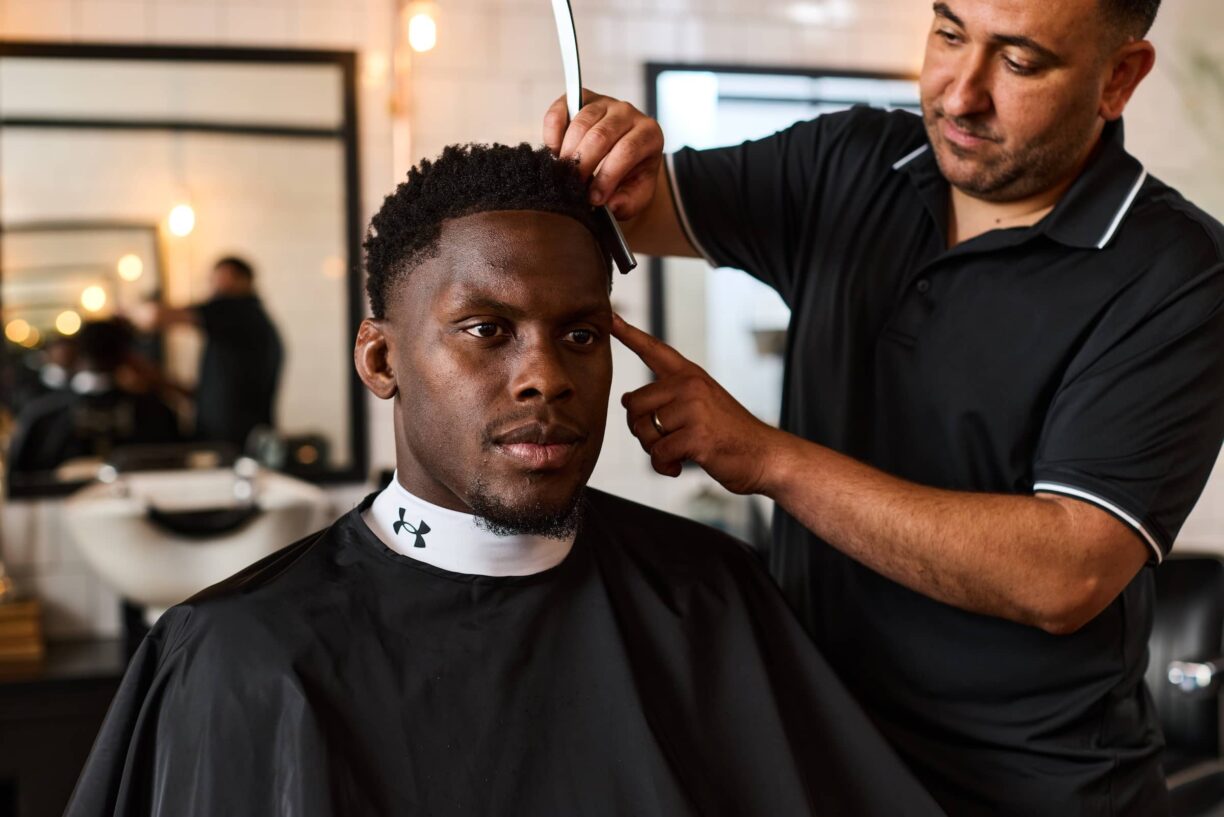Sustaining an injury can be an athlete’s worst nightmare. Depending on what the injury is, it can set your training routine back weeks or even months – it can feel like you go from peak performance right back to square one on your fitness journey.
I recently spoke to England Rugby World Champion and Elite Body Transformation coach Kat Merchant regarding the best workouts to rebuild your strength when you’ve been out of the game through injury.
Merchant’s programme Elite-14 offers game-changing fitness, nutrition and lifestyle coaching to achieve sustainable fat loss and increased lean muscle.

“Throughout my sporting career playing for the England rugby team I suffered many injury setbacks, from torn ligaments and dislocations to broken bones and concussions.”
“Just before the World Cup in 2010, I suffered a severe elbow injury, tearing all my ligaments and tendons. First, I was told that I’d never play rugby again. Then I was told it would take 5 months to recover when I only had 3 months until the tournament.”
“This was a huge blow mentally for me, but I was determined to bounce back in time for the tournament. I had to really stay disciplined in my recovery and remain as focused as I could to get to where I needed to be.”
“Rather than dwelling on the downsides of my injuries, I followed my recovery religiously and went on to play in the World Cup.”
“The kind of workouts and routines you should focus on in your recovery will be different for every injury, and individual, but there are common principles which can be applied to your recovery that will help you to focus, stay positive and tackle your injury with determination and dedication.”
- Focus on rebuilding foundations first
Nutrition and a healthy lifestyle are essential pillars in your recovery.
Healthy eating and drinking, adequate rest and restorative sleep, as well as positive thinking, are fantastic building blocks to ensure that you’re in a really robust, good place to recover from your injury.
- Don’t rush back
Injuries are frustrating, and you just want to get better as quickly as possible. However, it is important to contain that impatient voice in your head and make sure you are not rushing your recovery.
When we don’t take the necessary time our bodies need, we risk further injury and prolonging the recovery time, or forcing other setbacks, which will end up damaging us more in the long run.
Listen to your body closely and ease into everything lightly, so you can really understand whether a workout is right for you or not.
- Realise you won’t be where you want to be
When we suffer an injury, we experience pain and a loss of ability, and it can be hard to accept. Sometimes in our recovery we punish ourselves or place too much emphasis on what happened and the things we regret. This is all-natural.
When we are in a recovery process, we need to be kind to ourselves and put our mental health first. Avoid comparing yourself to others or dwelling on things you cannot change.
When injured, everyone asks ‘how long’, when some injuries just aren’t that simple. If you take things one step at a time and really focus on the basics, instead of overly worrying about the timeframe, you will be more likely to succeed and bounce back.
To make peace with our injury we need to accept that we are simply not where we want to be and that it is ok to feel like this.
- Opportunities and maintaining a positive outlook
The silver lining to sustaining injuries, whether training at an elite level or training for personal fitness, is that it strengthens your mentality not only to overcome the physical hurdles, but also the psychological setbacks.
More often than not an injury also comes with a huge amount of opportunities: opportunities to reflect, and time to learn new things, see new perspectives and work on other skills, which will lead to greater success when we return to full fitness.
Stay positive and determined in your recovery, even when the skies are grey, or setbacks occur, and you will be more likely to overcome individual challenges and get to where you want to be. Be kind to yourself, and focus on the positives.





